Giant's new Defy and Avail e-bikes pioneer a rear-hub motor and improved battery technology
The all-new Defy Advanced and Liv Avail E+ line-ups include an integrated power system that weighs just 2.3kg
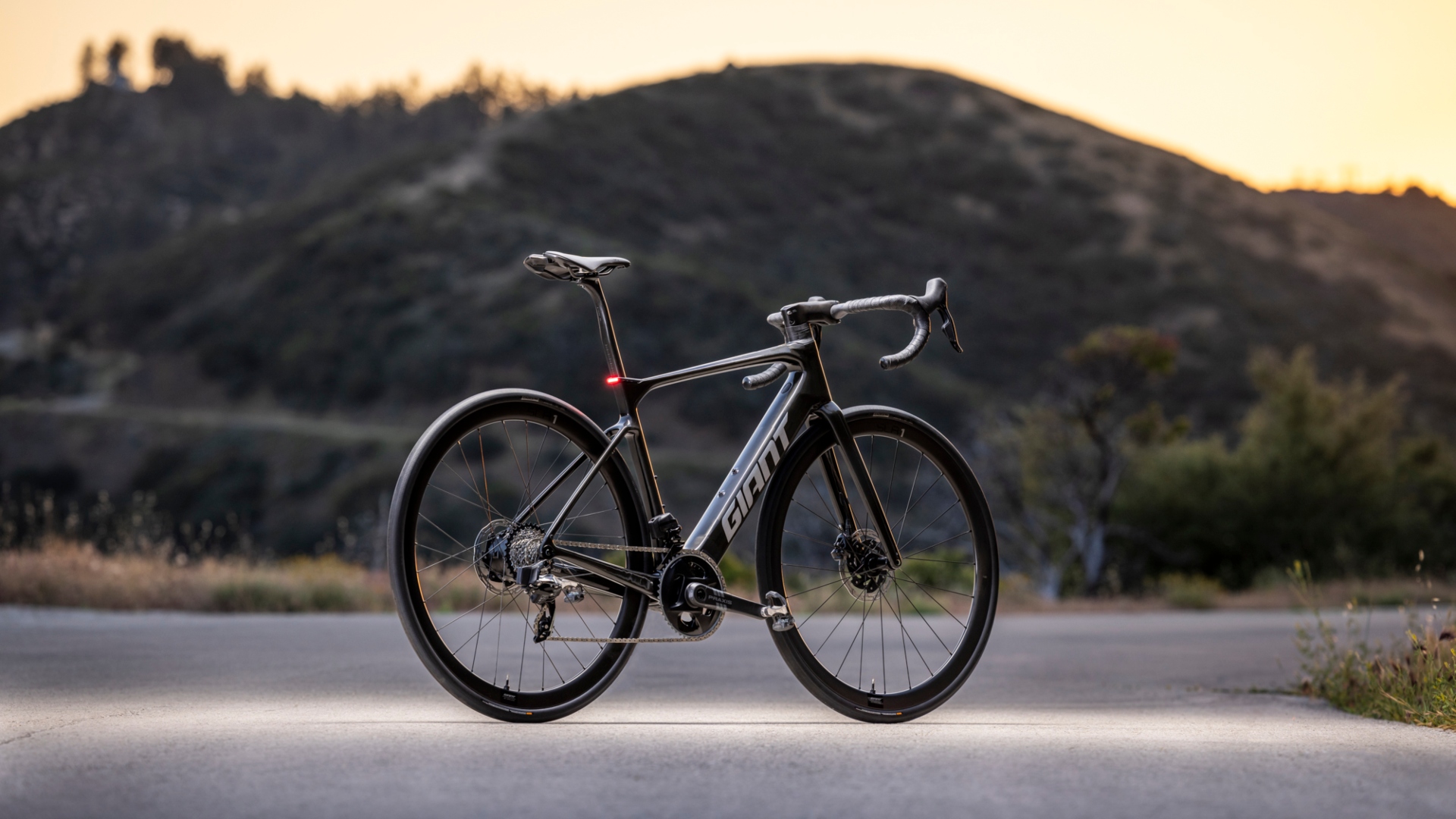
Giant has released two all-new electric road bike ranges - the Defy Advanced E+ Elite and the Liv Avail E+ Elite.
As the names indicate, both are based on two of the brand’s best-selling performance road bike models, the Defy and the Avail. By borrowing a few features and integrating them with motorized pedal support, Giant claims riders will enjoy “all the thrills or traditional road riding but with the power to ride farther and faster”.
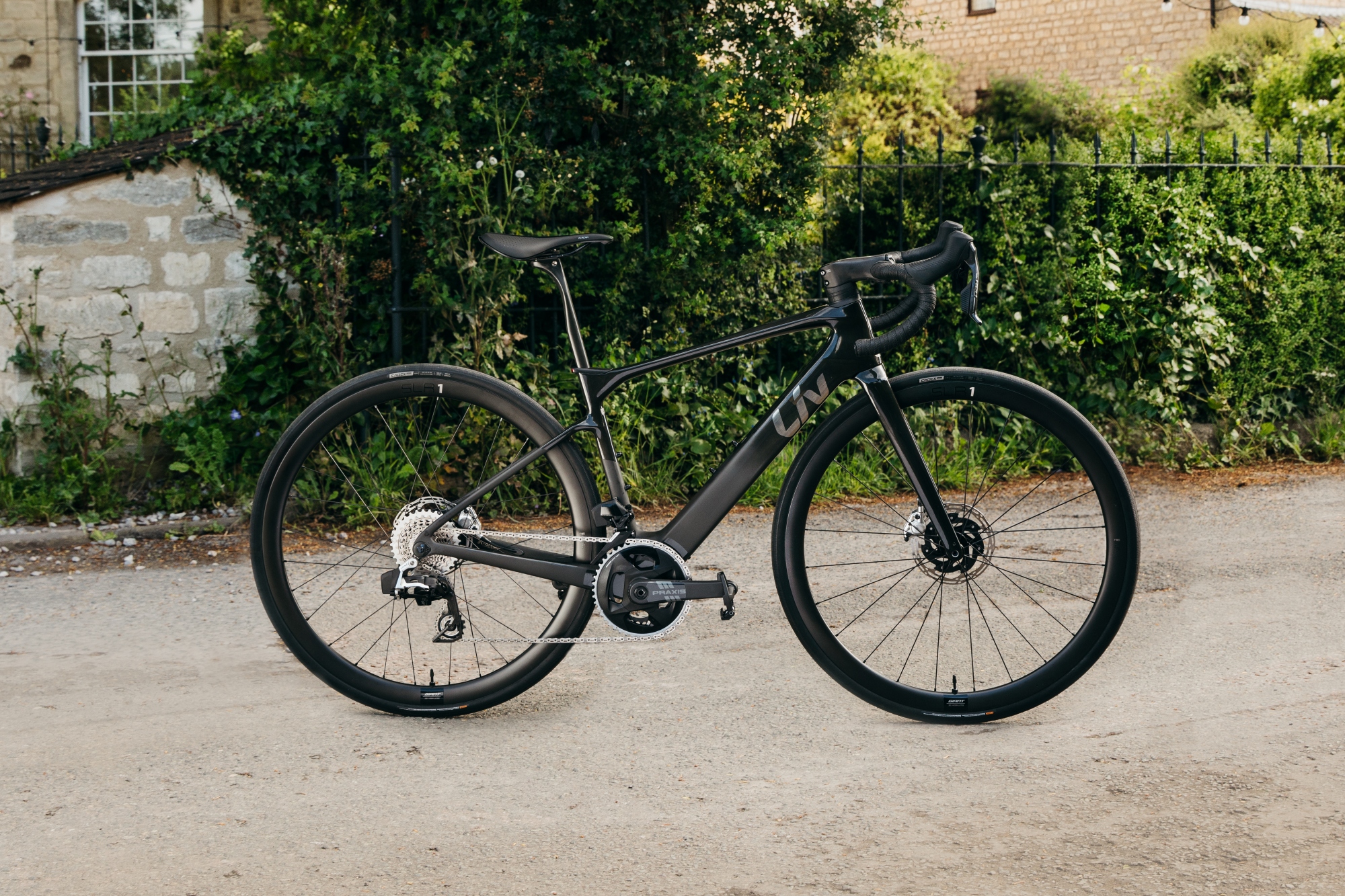
If the visual litmus test for any new e-road bike is that it can sit comfortably in a group ride with its analogue friends without sounding the alarm, then both ranges would appear to pass with flying colours.
But it's what's beneath the surface that's likely to make the E+ Elite bikes really stand out. With a power system could they be lighter, smarter and safer than ever before?
SyncDrive Move Plus motor
The headliner for both ranges is the new SyncDrive Move Plus motor. Weighing a claimed 1.7kg, or 3.75 lbs, it’s a rear hub system that’s been engineered with Giant’s “e-road exclusive riding pattern’. What does this mean exactly?
According to the brand, it’s all about “seamless power”, helping to deliver a ride quality that’s not so different from a regular road bike. It says this means when starting from a static position the power is increased gradually to avoid the surge often associated with riding an e-bike. Similarly, If you stop pedaling and start to freewheel, the support is also reduced gradually, so it doesn’t feel like it's dragging or that the power has just simply cut out.
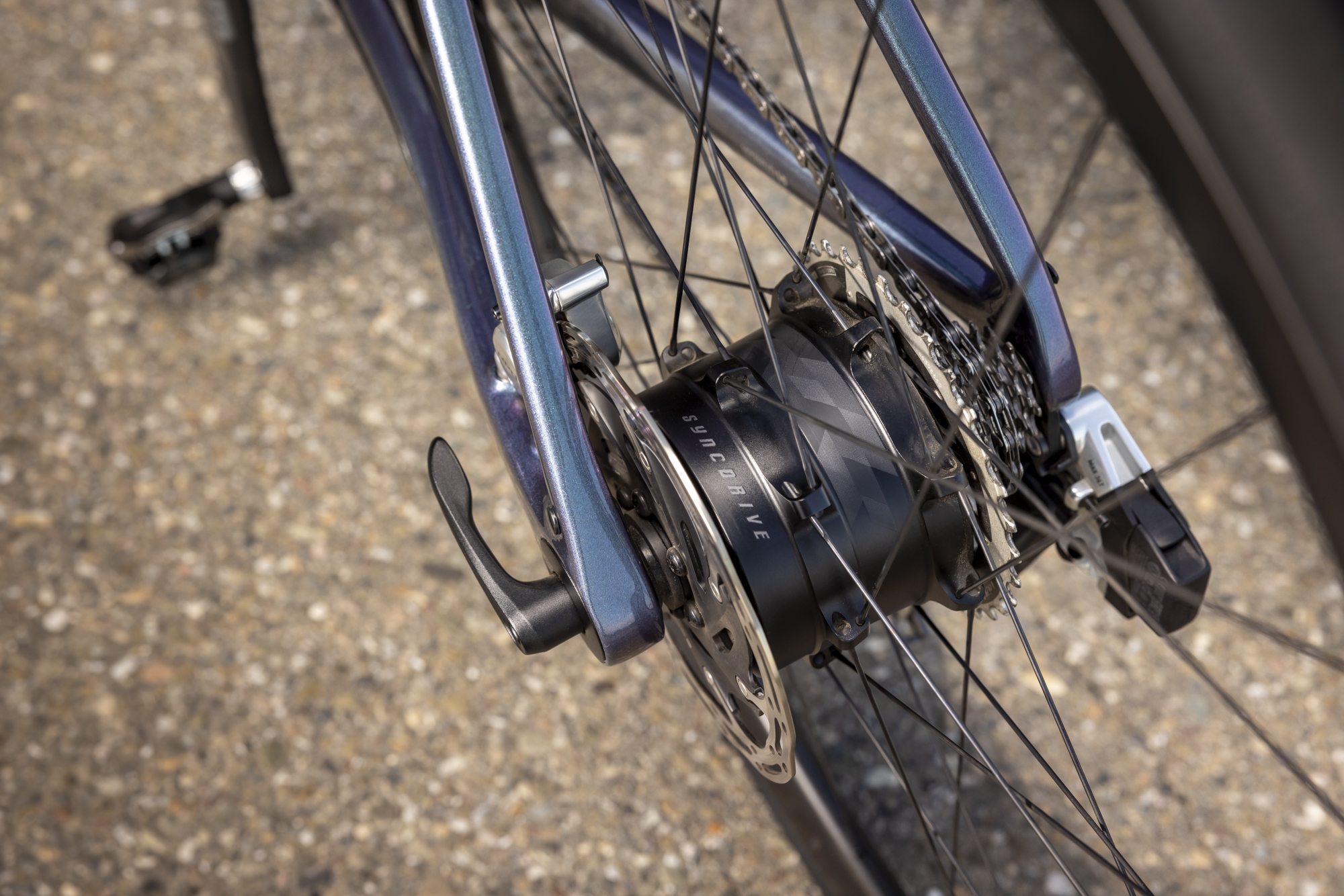
Giant says some of the natural pedaling sensation is a product of the motor’s location. Unlike a mid-drive motor it’s spinning with the rear wheels, which means the motor and the wheels’s RPMs are in sync. As with all e-bikes, the amount of assistance you receive depends on the region you live in - 45 km/h in the U.S., 32 km/h in Canada, and 25 km/h in Europe.
The latest race content, interviews, features, reviews and expert buying guides, direct to your inbox!
The SyncDrive motor delivers 30 Nm of torque, which Giant says equates to about 75 Nm in a mid-drive motor. There are five levels of support, plus an automatic option. Here sensors in the motor adjust the output based on “advanced algorithms.” The Power mode is particularly interesting. If you’re pedaling hard but riding at a slow speed you’ll get an automatic boost to help you up that hill or to combat a nasty headwind.
All modes are controlled via a control button that’s integrated into the frame’s top tube. The Ridecontrol app allows for rider customisation.
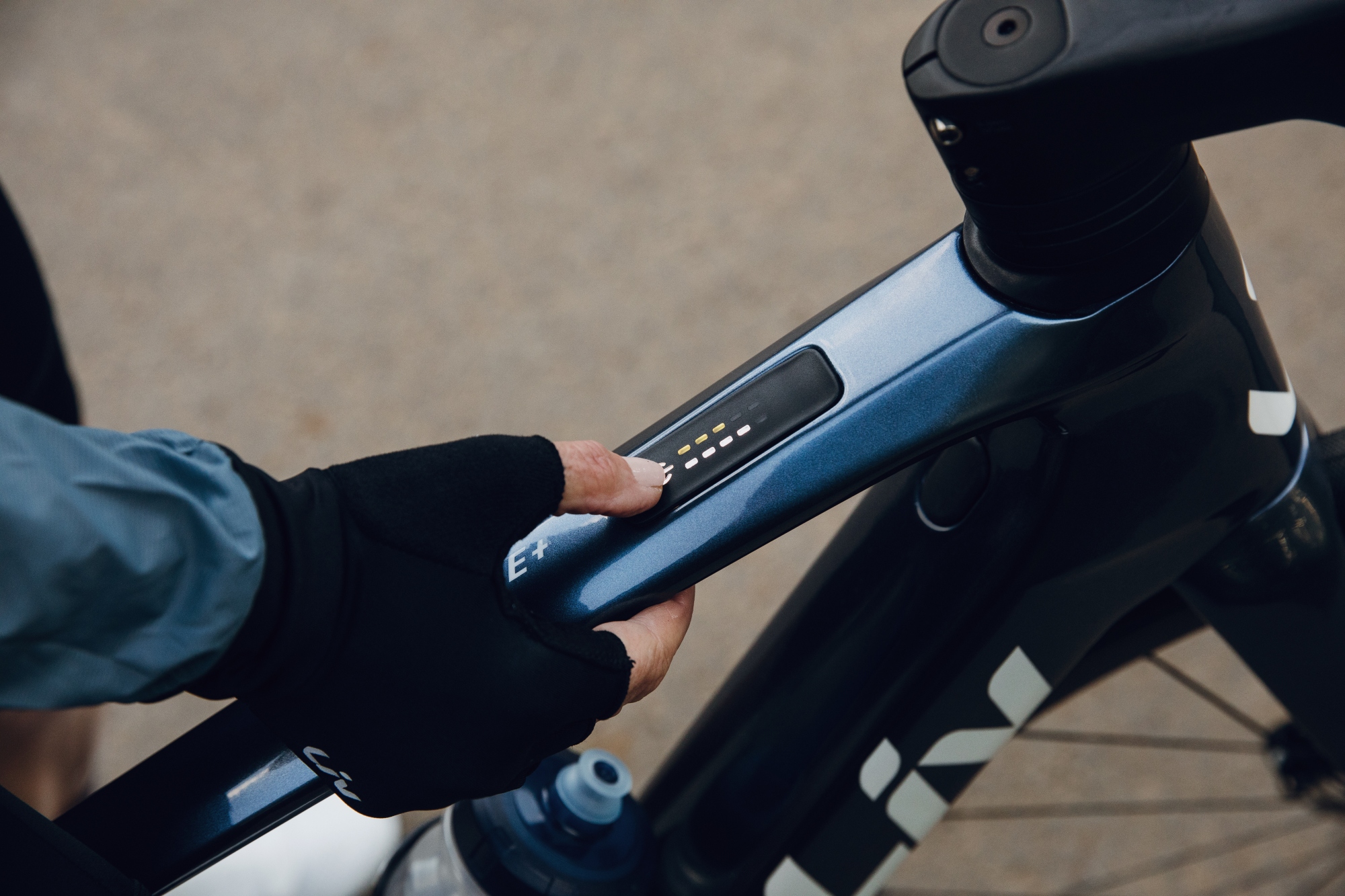
Energypak 400 battery
Every motor needs a battery and the SyncDrive is supported by Panasonic’s Energypak 400. As you might guess it’s a 400Wh battery. Integrated into the frame’s down tube it weighs less than a kilogram; combined the motor and battery have a claimed weight of 2.3kg or 5 lbs. Charging is via a discrete port and there’s also the option of a 200Wh range extender. Giant says this could mean up to 93 miles, with “optimized battery usage”.
It’s equipped with a 22700 cell type. Giant says it outperforms ‘off-the-shelf’ battery systems, with the size of the lithium-ion cells better suited to the demands of road riding. Giant says their “increased density, reduced weight, and a higher volume…helps it run cooler”, which would seem to be of obvious benefit when bike and battery are being pushed hard.
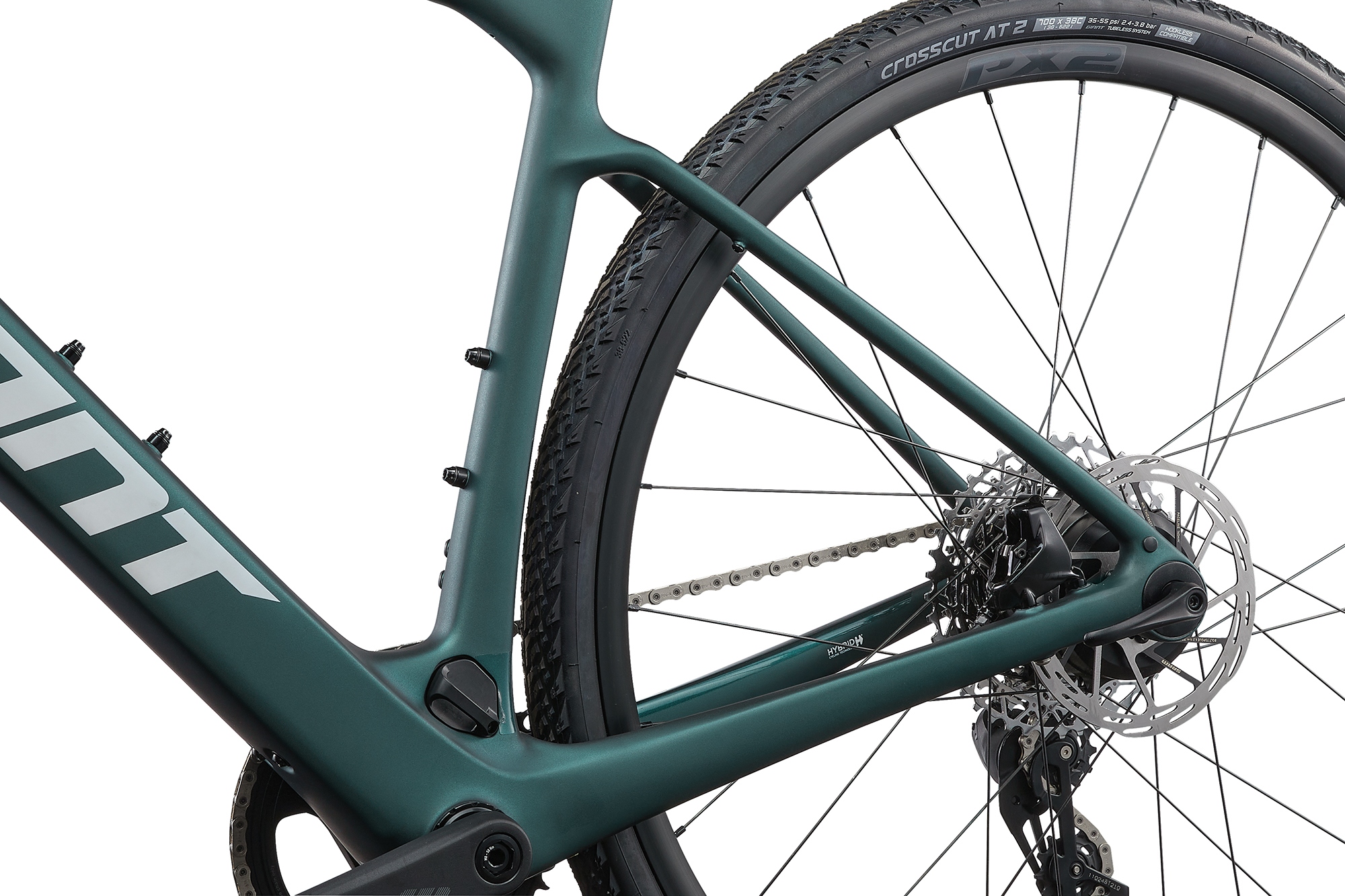
Battery safety continues to make the news and Giant has equipped the EnergyPak 400 with an aluminum casing for better impact protection. It also benefits from temperature monitoring, with individually cased cells to prevent overheating. The batteries are also manufactured in a CO2-neutral plant, which is an industry-first.
Frameset, components and pricing
Both the Defy and Avail frameset’s use Giant’s Advanced composite carbon. It’s the same material used on the analogue versions and is designed to blend stiffness with compliance, all while maintaining a competitive weight.
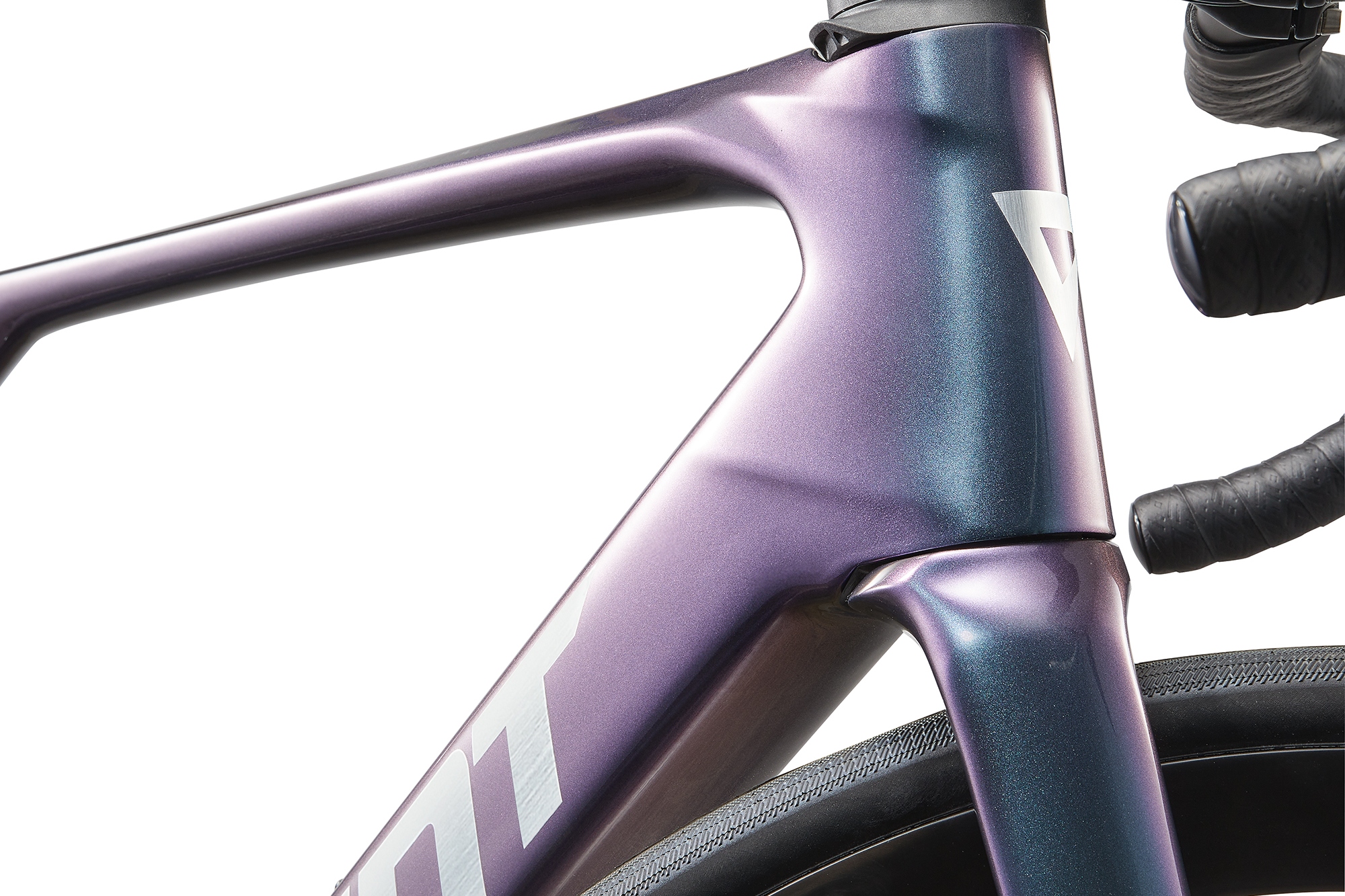
You also get the D-Fuse handlebars and seatpost, two vibration-dampening components that have been integral to Giant and Liv road bikes for some time. Tyre clearance is up to 38mm, which should further aid comfort.
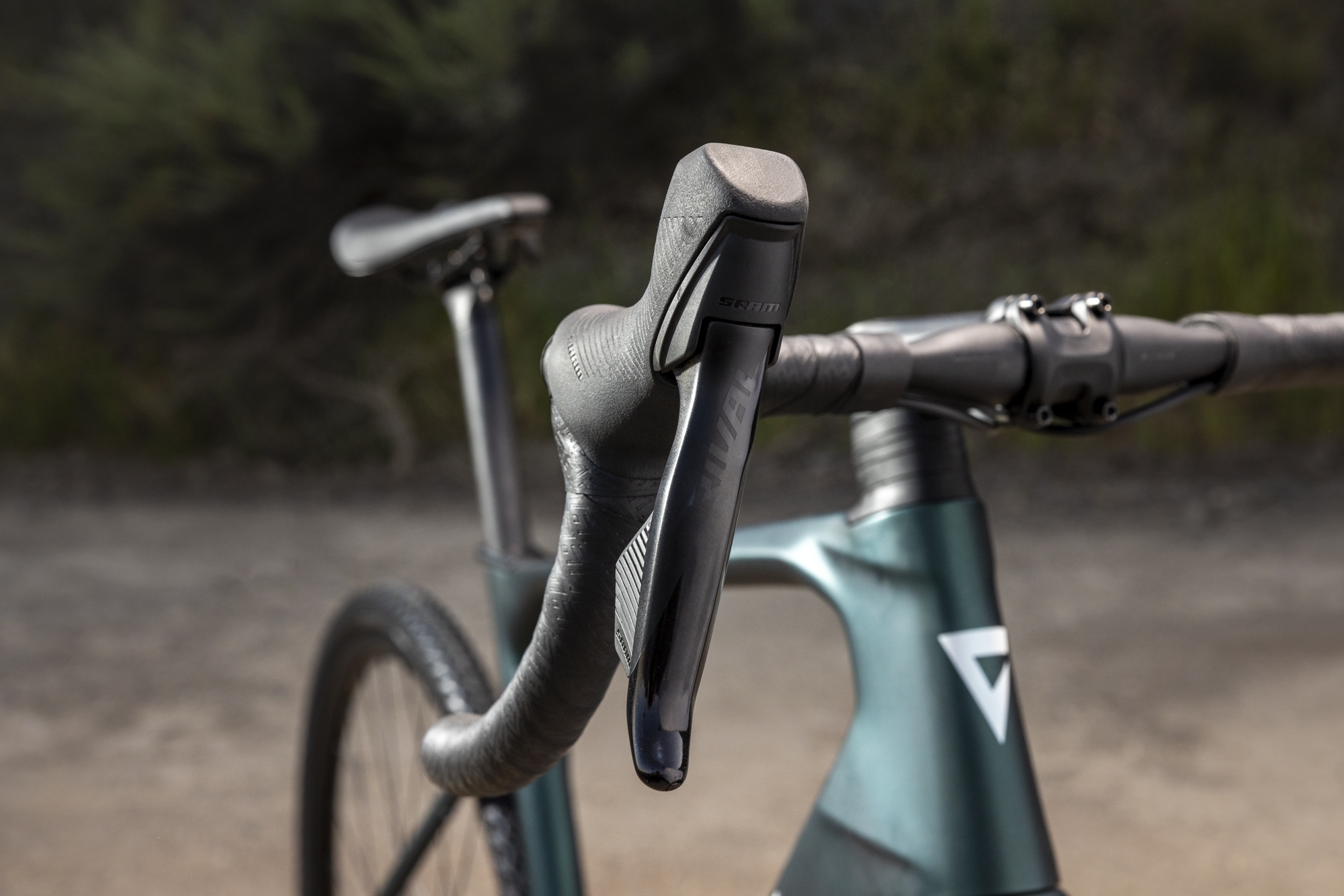
Likewise, both ranges use SRAM AXS groupsets exclusively. On the range-topping Elite 0 models that means the similarly top-tier Red AXS complete with handlebar blips. At the entry-level end, either the Elite 2 or the Elite AR, you get Force AXS, with the all-road model using a 1x set-up rather than the two-chainring approach of the other models.
Pricing for the Giant Defy Advanced E+ Elite and the Liv Avail E+ range starts at $6,500 / £5,999 for the AR models and tops out at $11,000 / £9,999 for the Elite AR bikes.
Luke Friend has worked as a writer, editor and copywriter for over twenty five years. Across books, magazines and websites, he's covered a broad range of topics for a range of clients including Major League Baseball, Golf Digest, the National Trust and the NHS. He has an MA in Professional Writing from Falmouth University and is a qualified bicycle mechanic. He has been a cycling enthusiast from an early age, partly due to watching the Tour de France on TV. He's a keen follower of bike racing to this day as well as a regular road and gravel rider.